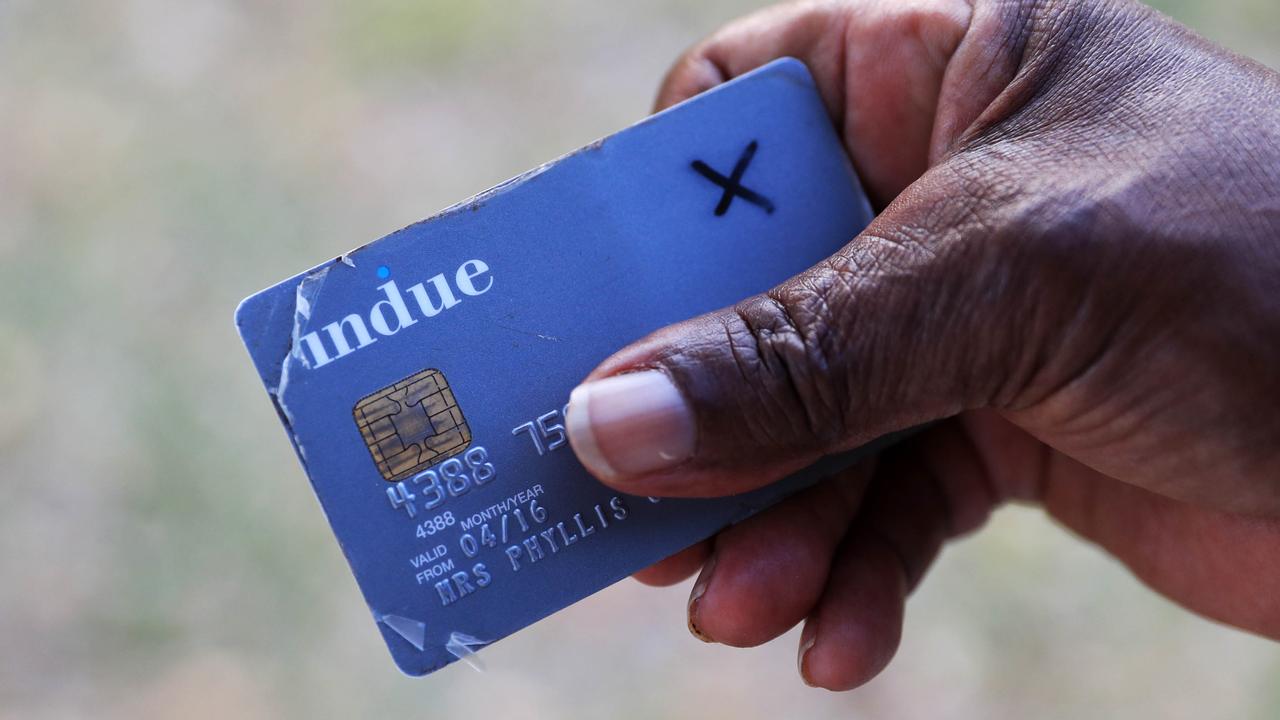Referendum advocate Mark Leibler shifts on constitutional race ban
THE co-chair of the panel on Aboriginal constitutional recognition says he is no longer “wedded” to a race discrimination ban.
THE co-chair of the expert panel on Aboriginal constitutional recognition has declared he is no longer “wedded” to banning racial discrimination.
Mark Leibler, the panel’s co-chair with Pat Dodson, has been vigorously defending the need to ban racial discrimination in the Constitution until this point.
But writing in The Weekend Australian he said he would rather see a successful referendum than keep arguing for the same model delivered to the Gillard government two years ago.
His move will deliver intellectual support to Noel Pearson’s model for change.
“Indigenous people have been on the receiving end of racial discrimination in this country for centuries now, and anything less than a substantial measure of protection against history repeating itself would be unlikely to win indigenous support,” he writes.
“We honoured that with our proposed section 116A, prohibiting racial discrimination.
“However, I am certainly not wedded to section 116A. What I am wedded to is ensuring a successful referendum. To achieve that, indigenous people must give their free, prior and informed consent to it. Must be proud of it. Must champion it.”
Mr Leibler says Mr Pearson is correct in working with constitutional conservatives to create an alternative model.
“Noel believes, and I wholly agree with him, that indigenous constitutional recognition will only succeed if the lead first comes from the Right. Of late Noel has devoted much of his extraordinary intellect and deep passion for revolutionary change to persuading the Prime Minister of the merits of indigenous constitutional recognition.”
In a recent Quarterly Essay, Mr Pearson sketches his preferred model, which would involve the establishment of a new indigenous body to give Aboriginal people a formal parliamentary voice in the laws and policies made about them.
“I see truly great potential in this suggestion,” Mr Leibler writes.
“The body would be authorised to provide advice to parliament and to the executive on matters relating to Aboriginal and Torres Strait Islander peoples. The advice would not be binding. No one in parliament or in the executive would be duty bound to act on it. Rather, the government would be required only to table in each house any advice received.
“Parliament too would need only to give consideration to it in proposing laws relating to indigenous peoples.
“Simple really. But also simply powerful.”
He says while Mr Pearson may encounter some resistance to his suggestions from other indigenous leaders, he urges them to hear “each other out”. “His greatest task may be to convince them and the hundreds of thousands of indigenous Australians guided by them of the merits of his recommendations, and together to convince all Australians.”
He also points to the recent interim report of the Joint Parliamentary Committee on Indigenous Constitutional Recognition, chaired by Ken Wyatt.
The committee recommends not pursuing section 116A, and instead inserting into the recognition section a prohibition of indigenous racial discrimination.
The power to make laws with respect to indigenous peoples would be limited to those that do not discriminate adversely against them, and so the section could not be interpreted to their detriment.



